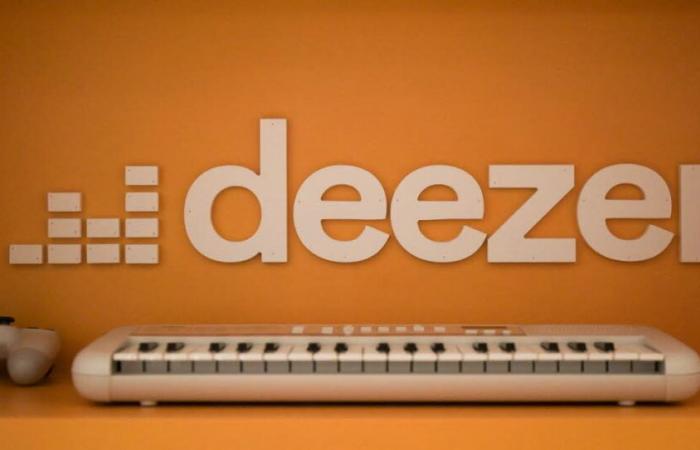
The French Music streaming platform Deezer announced on Wednesday, in association with Sacem, to strengthen its model for “fairer remuneration” of artists’ royalties, more linked to what subscribers listen to.
“Our model ensures that a greater share of what subscribers pay goes back to the artists they listen to, while making it possible to fight against fraud,” said Alexis Lanternier, general manager of Deezer, in a press release.
Authors, composers and music publishers, represented by Sacem, are affected by this redistribution based on the so-called “artist centric” model.
Exclude spurious content
It differs from the platforms’ initial model, in proportion to total listening (“market centric”), which has been the subject of strong criticism: a subscriber who pays around 12 euros monthly but does not listen to the dominant artists sees the majority from his subscription to these more “streamed” singers. This logic penalizes artists with smaller audiences, in less popular styles.
The evolution made by Deezer makes it possible to “valorize real music, by excluding parasitic content and taking better account of the diversity of aesthetics and genres appreciated on the platform”, underlined Cécile Rap-Veber, general director of Sacem .
This parasitic content concerns white noise (wind, rain, vacuum cleaner, etc.) which pollutes the platforms. With this update, they will no longer be able to collect royalties.
Deezer in the fight against fake streams
The model also establishes a bonus for “real” professionals: the songs of artists with at least 1,000 streams from 500 different subscribers each month are paid twice as much per stream as others.
Safeguards are provided to prevent “fraudulent behavior”, such as fake artificially generated streams.
A collaboration with Universal in 2023
The amount paid for copyright was not specified, this calculation depending on multiple factors. Around 70% of the revenue generated on streaming platforms is returned in the form of royalties to rights holders, who in turn distribute them according to pre-defined conditions.
Deezer had already changed its remuneration at the end of 2023 through a collaboration with the giant Universal Music Group, which concerned recorded music, i.e. part of the rights. From now on, “artist centric” also applies to the creators of the musical work.





